Novartis’ selective cyclin-dependent kinase inhibitor Kisqali has been approved by the US Food and Drug Administration as a treatment for patients with a certain form of breast cancer.
The drug can now be prescribed by physicians in combination with an aromatase inhibitor as initial endocrine-based therapy for treatment of postmenopausal women with hormone receptor positive, human epidermal growth factor receptor-2 negative (HR+/HER2-) advanced or metastatic breast cancer.
The submission - which was filed on both sides of the Atlantic - included data from the Phase III MONALEESA-2 trial, showing that Kisqali (ribociclib, formerly known as LEE011) plus letrozole cut the risk of progression or death by 44 percent over the latter drug alone, and demonstrated tumour burden reduction with a 53 percent overall response rate.
More than half of patients taking Kisqali plus letrozole remained alive and progression free at the time of interim analysis, therefore median progression free survival could not be determined.
However, at a subsequent analysis with additional 11-month follow-up and progression events, a median PFS of 25.3 months for Kisqali plus letrozole and 16.0 months for letrozole alone was recorded, the drug giant said.
Despite available therapies, around 40,000 people are dying every year in the US from advanced breast cancer.
Clinical data "affirm that combination therapy with a CDK4/6 inhibitor like ribociclib and an aromatase inhibitor should be a new standard of care for initial treatment of HR+ advanced breast cancer," commented Gabriel N. Hortobagyi, Professor of Medicine, Department of Breast Medical Oncology, The University of Texas MD Anderson Cancer Center and MONALEESA-2 principal investigator.
News of the approval will also be celebrated by UK firm Astex Pharmaceuticals, which is eligible to receive a milestone payment as a result and also on approval of additional regulatory filings in Europe and Japan, as well as royalty payments on annual sales under the drug discovery alliance entered into between Astex and Novartis in 2005.
The partnership was struck to discover cell cycle inhibitors which represented a novel class of compounds that target the mechanisms of cell division in order to prevent or interfere with cancer growth.
"We’re committed to the fight against cancer and so we are absolutely delighted that Novartis has received this first approval of a cancer drug arising from our productive collaboration," Harren Jhoti, President and CEO of Astex, UK, said.
"This milestone further validates the power of our Pyramid platform and the excellence of our science. It’s a moment to celebrate when such ground-breaking scientific work results in a new treatment option for women with advanced breast cancer."





 ALL
ALL Pharma in China
Pharma in China Pharma Experts
Pharma Experts Market News
Market News Products Guide
Products Guide Brand Story
Brand Story
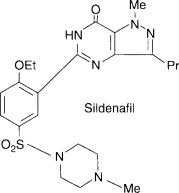
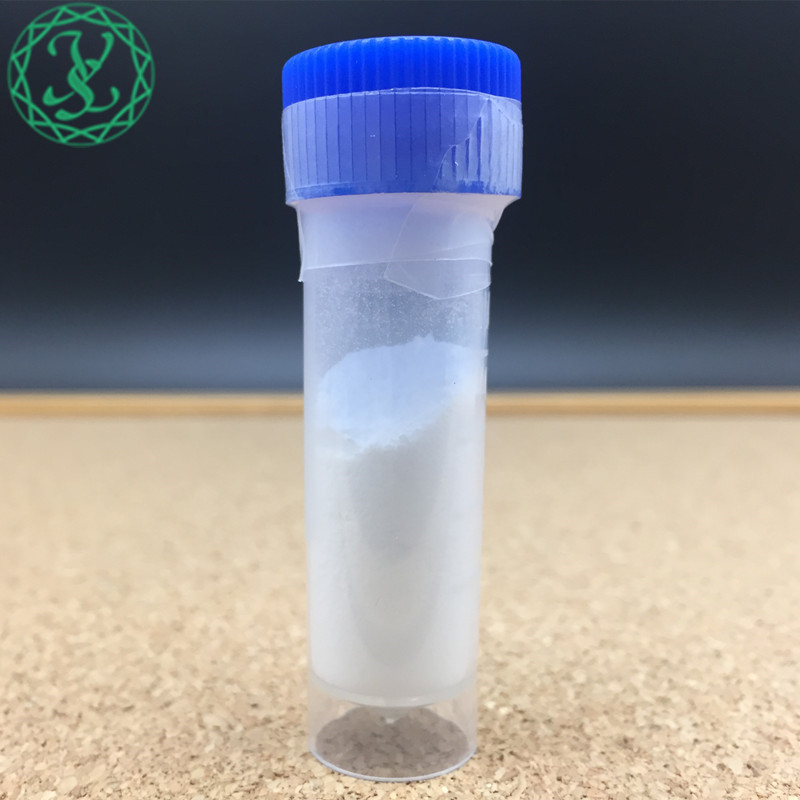
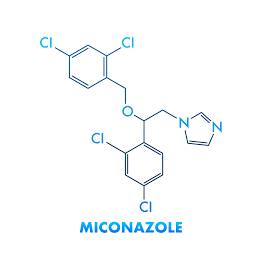












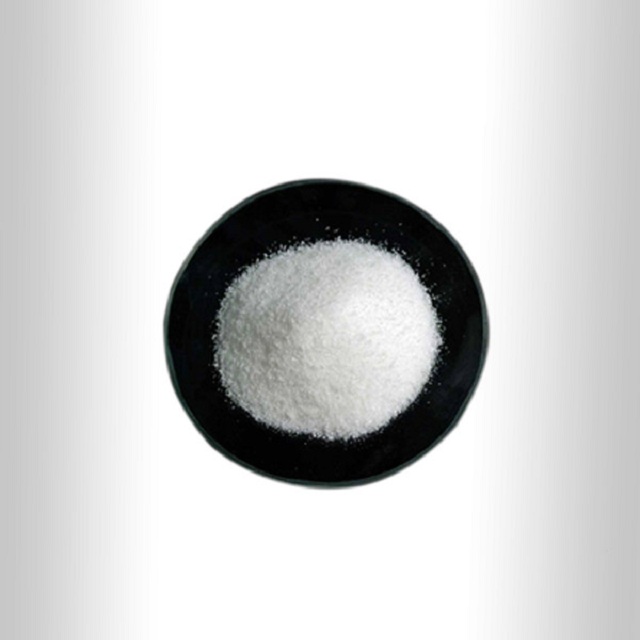
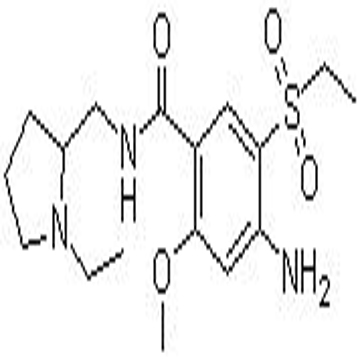
![(1S,5R,6S)-Ethyl5-(pentan-3-yl-oxy)-7-oxa-bicyclo[4.1.0]hept-3-ene-3-carboxylate](https://eimg.pharmasources.com/image/product/20211124/fea5fd528e0809e404960c1188e0de04jpg)

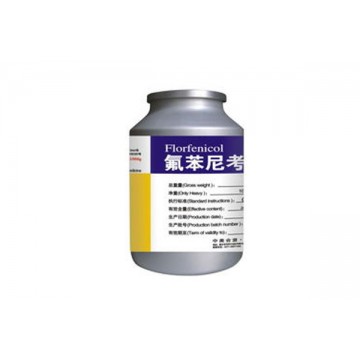
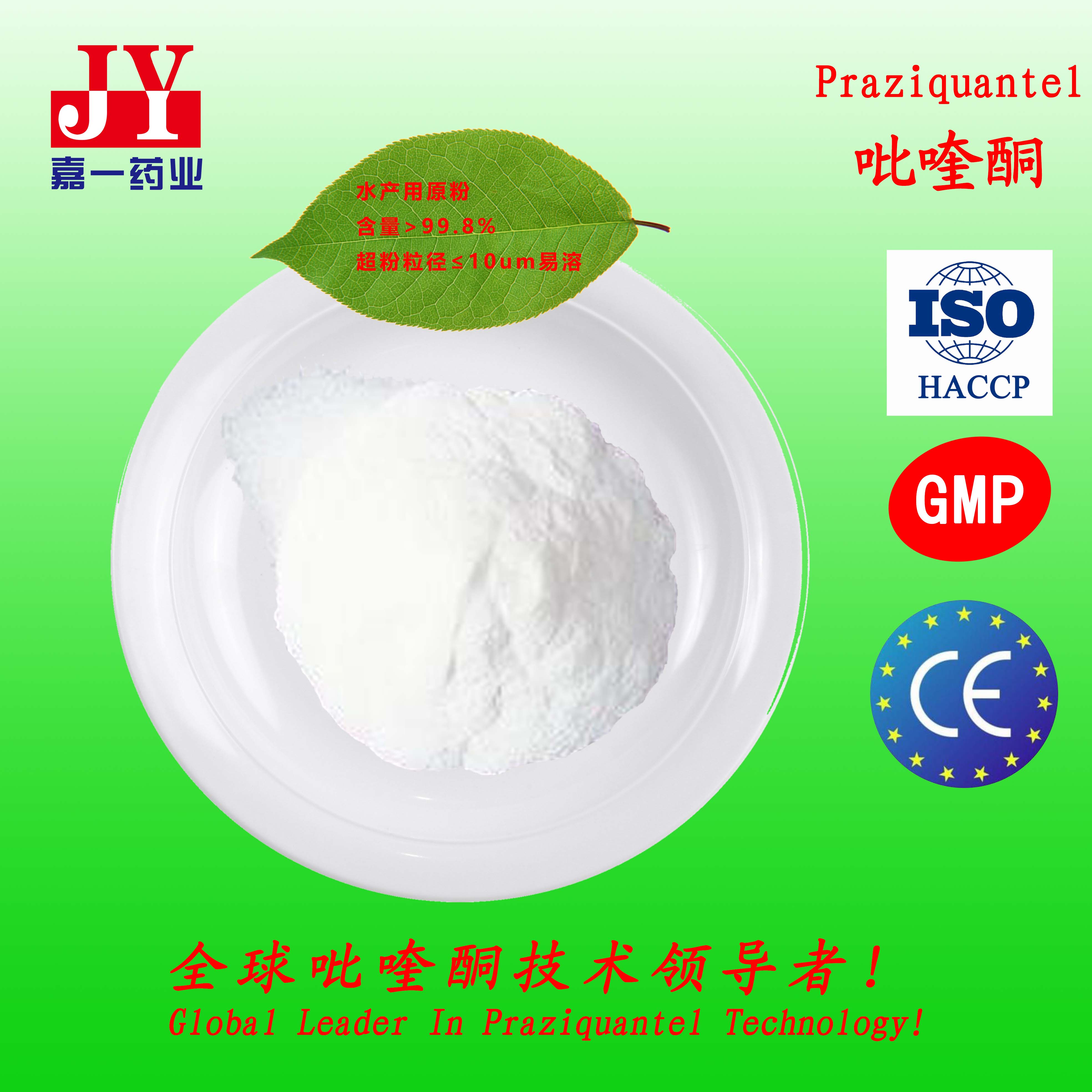

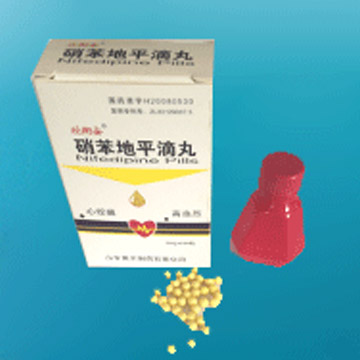
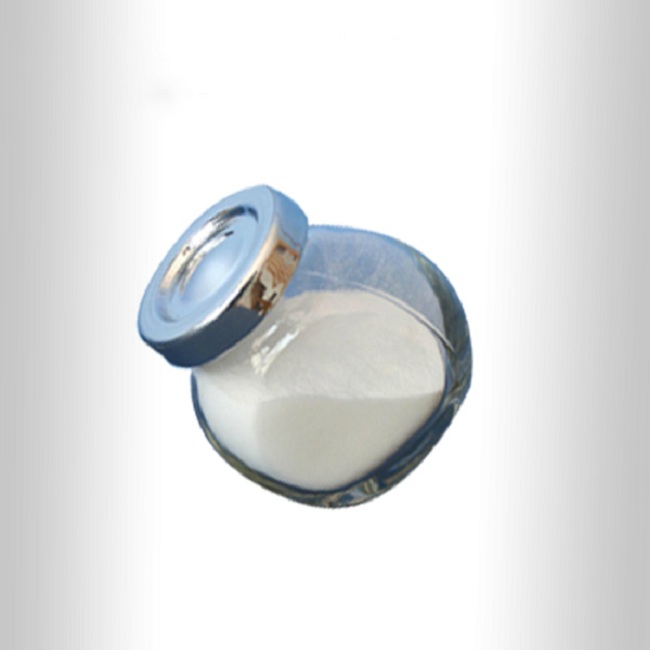






 Pharma Sources Insight January 2025
Pharma Sources Insight January 2025








